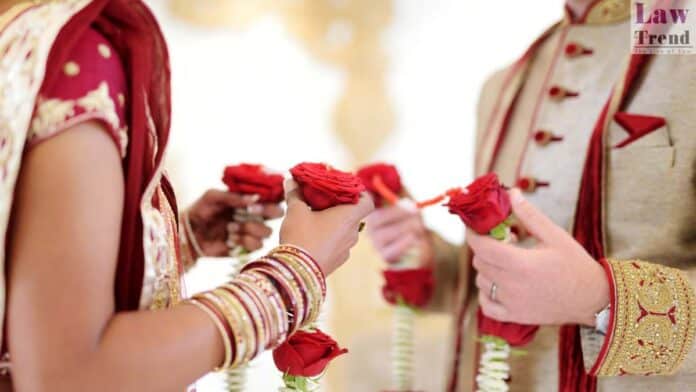In a significant judgment, the Allahabad High Court has ruled that a marriage certificate issued by an Arya Samaj temple does not by itself prove a valid Hindu marriage. The court emphasized that customary rites and ceremonies, including saptapadi (seven steps), are essential for a Hindu marriage to be legally valid. Background: The case arose
To Read More Please Subscribe to VIP Membership for Unlimited Access to All the Articles, Download Available Copies of Judgments/Order, Acess to Central/State Bare Acts, Advertisement Free Content, Access to More than 4000 Legal Drafts( Readymade Editable Formats of Suits, Petitions, Writs, Legal Notices, Divorce Petitions, 138 Notices, Bail Applications etc.) in Hindi and English.




